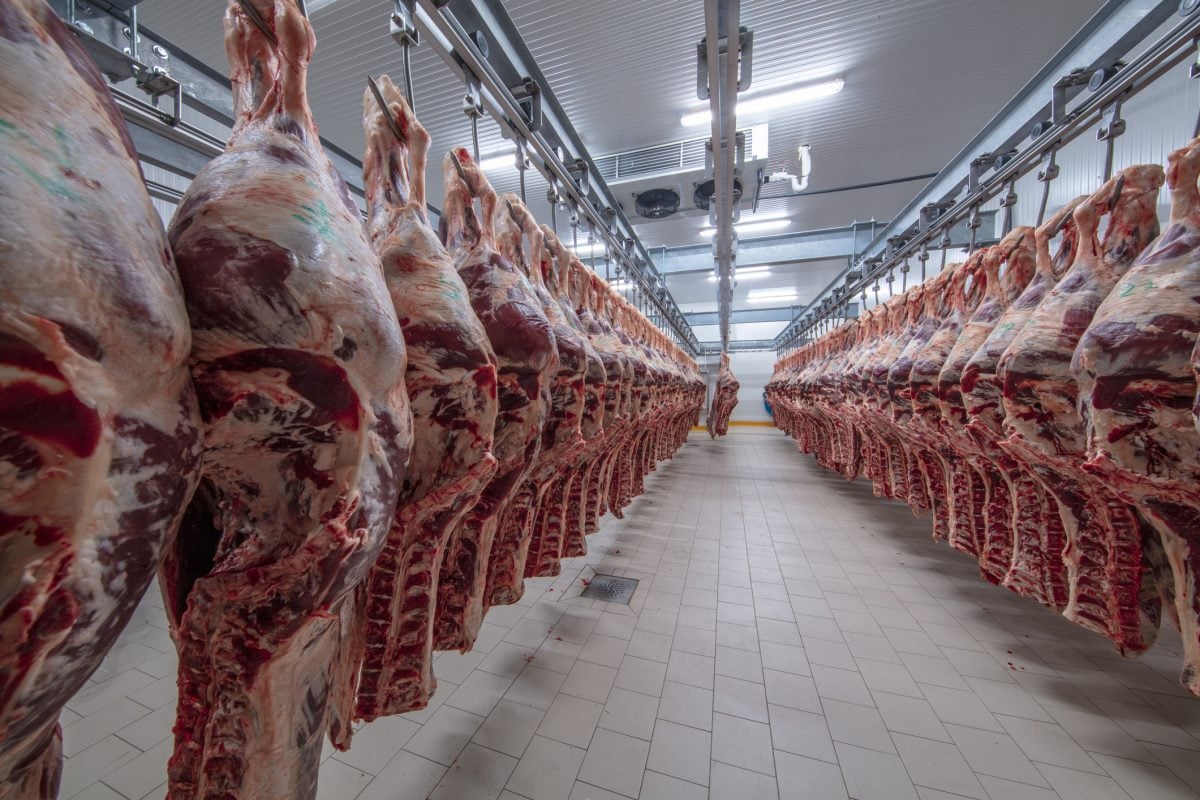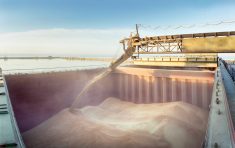The largest railroad in the United States does not give preferential treatment to crude shipments, says Barb Haertling, general director of agricultural products at BNSF.
Speaking at the Western Canadian Wheat Growers Association meeting, held in Winnipeg Jan. 8-9, Haertling said the petroleum industry actually had worse service during the railway capacity crunch of 2014, at least in the U.S.
“When you go to crude conferences, they scream bloody murder because they think we’ve got all our resources on ag,” said Haertling, who is based in Texas. “We’re treating everything as though it’s equal. So crude is suffering the same service issues that ag has suffered in the past.”
Read Also

Tyson, Cargill to pay $88 million to consumers in U.S. beef price-fixing lawsuit
Tyson Foods and Cargill have agreed to pay a combined $87.5 million (C$122.1 million) to settle a federal lawsuit brought by consumers who accused the companies of conspiring to inflate U.S. beef prices by restricting supply.
Similar to farmers in Western Canada, producers in North Dakota and other northern tier states complained, often bitterly, in 2014 about poor rail service for grains and oilseeds.
Haertling said the idea that railways would rather ship crude than grain is a “misconception.”
To demonstrate that to customers, BNSF conducted internal research to compare its level of service for coal, crude and ag commodities.
“Crude actually has been impacted more severely by the service problems than ag has,” she said.
“I think that’s a big surprise to people.”
Cherilyn Jolly Nagel, longtime WCWGA member and a farmer from Mossbank, Sask., was surprised by the frankness and openness of Haertling’s presentation.
“To hear a railroad talking about market signals and determining what the marketplace really wants and adjusting quickly to that is just a breath fresh air for us,” she said. “We just do not have that sort of language happening with CN and CP.”
Haertling made one comment at the end of her presentation that caught the WCWGA members off guard. She said Canada’s railway revenue cap might be harming producers.
“You guys don’t really want to hear this, but I don’t think the rate cap is working in your favour, as far as increasing capacity of the grain industry.”
For example, Canada’s fleet of hopper cars is aging and in need of replacement, she said.
“You’ve also got a rate cap, and that causes the Canadian railroads to not get all that excited about investing in covered hoppers.”
Jolly Nagel said the benefits and deficits of the revenue cap is something worth looking at, but western Canadian farmers still rely on the cap.
“That’s not to say that we need to get rid of it anytime in the near future because that’s our one mechanism at the moment to maintain cost,” she said. “But I do think it needs to be on the table and it is something we need to discuss.”
robert.arnason@producer.com















